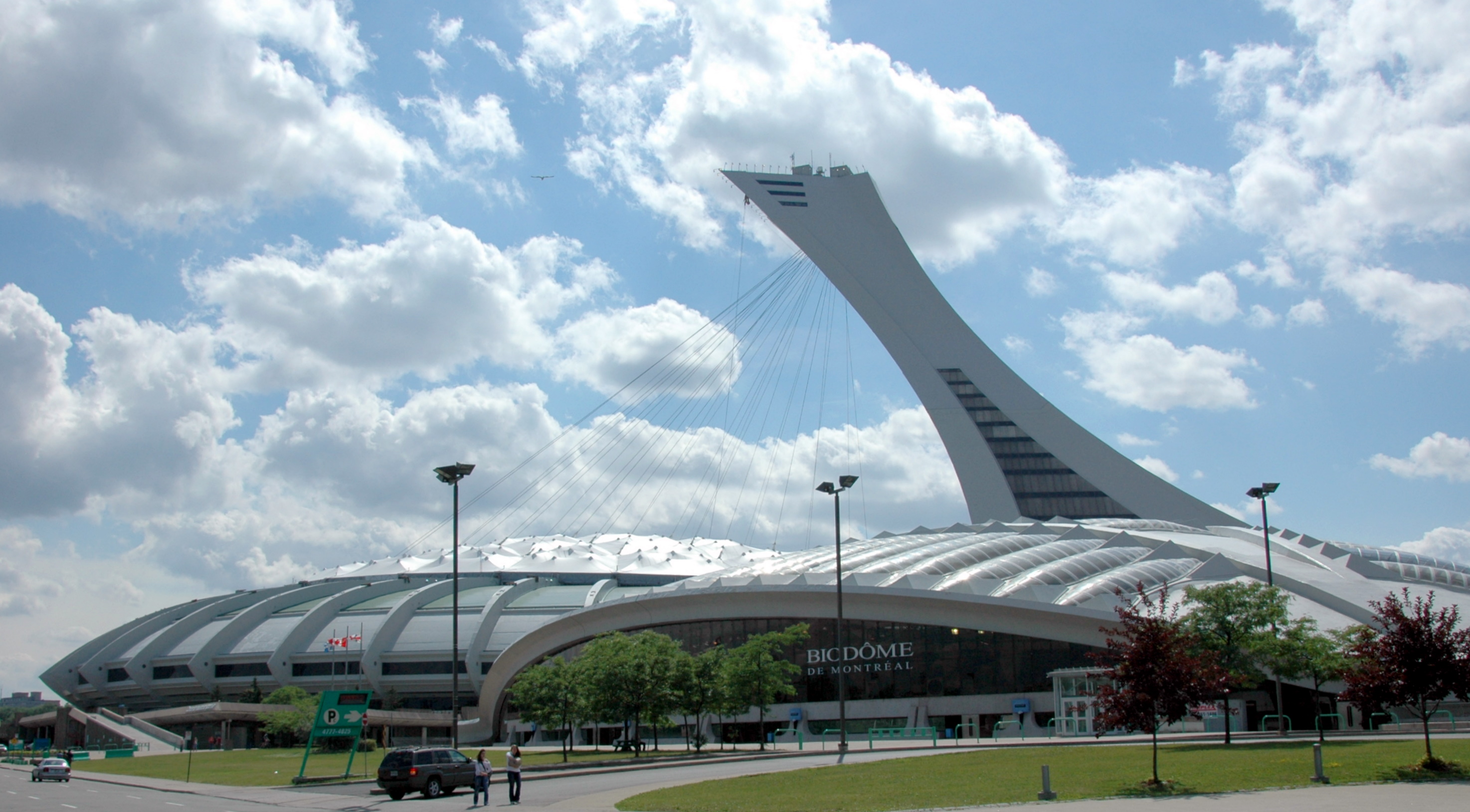LONDON MAYOR BORIS JOHNSON SAID THAT HE'D LIKE TO SEE F1 IN LONDON. HE'S DREAMING

Boris Johnson, the mayor of London, says that would certainly be willing to look at a proposal for a Formula 1 race in the city.
"I am always interested in projects that attract jobs and bring growth," he said. "The question of air quality and noise impact will have to be looked at, but I am broadly positive providing we can satisfy the air quality and noise issues."
The reality is rather more complicated than that, because the city would need to pay the race fees for an event. These run from around $30 million to $50 million a year, depending on the deal that is negotiated. The cities involved usually have to sign over most of the signage, the hospitality and even sponsorships and they have to agree to price hikes each year. It is occasionally possible for private-public collaborations - such as in Singapore - but the private investors need to be in a position to earn a LOT from each event if they are to avoid making a loss. Politicians struggle to convince their electorate that the events pay back the money invested - and often they fail. It is difficult to accurately measure the economic impact of an event, but it is not difficult to add up the cost.

When it comes to big events such as the Olympic Games it is impossible to justify the investment and politicians need to rely on the goodwill and nationalism of the taxpayers. The Games only really work when the people paying do not care how much it is going to cost. Beijing, for example, used the Olympic Games to show the world about developing Chinese economic power, while Athens in 2004 tried to gain long-term tourism dollars from the event and it failed massively. Montreal was a similar story with the city paying off the 1976 Olympics until 2006.

The one thing that the Games will do for a city is to create impetus to complete infrastructure projects that would in any case have been required. Formula 1 is great value compared to the Olympics but does not really require much new infrastructure. But would it really benefit a city that already has a strong tourist trade?
Boris Johnson, the mayor of London, says that would certainly be willing to look at a proposal for a Formula 1 race in the city.
"I am always interested in projects that attract jobs and bring growth," he said. "The question of air quality and noise impact will have to be looked at, but I am broadly positive providing we can satisfy the air quality and noise issues."
The reality is rather more complicated than that, because the city would need to pay the race fees for an event. These run from around $30 million to $50 million a year, depending on the deal that is negotiated. The cities involved usually have to sign over most of the signage, the hospitality and even sponsorships and they have to agree to price hikes each year. It is occasionally possible for private-public collaborations - such as in Singapore - but the private investors need to be in a position to earn a LOT from each event if they are to avoid making a loss. Politicians struggle to convince their electorate that the events pay back the money invested - and often they fail. It is difficult to accurately measure the economic impact of an event, but it is not difficult to add up the cost.
When it comes to big events such as the Olympic Games it is impossible to justify the investment and politicians need to rely on the goodwill and nationalism of the taxpayers. The Games only really work when the people paying do not care how much it is going to cost. Beijing, for example, used the Olympic Games to show the world about developing Chinese economic power, while Athens in 2004 tried to gain long-term tourism dollars from the event and it failed massively. Montreal was a similar story with the city paying off the 1976 Olympics until 2006.

The one thing that the Games will do for a city is to create impetus to complete infrastructure projects that would in any case have been required. Formula 1 is great value compared to the Olympics but does not really require much new infrastructure. But would it really benefit a city that already has a strong tourist trade?
No comments:
Post a Comment